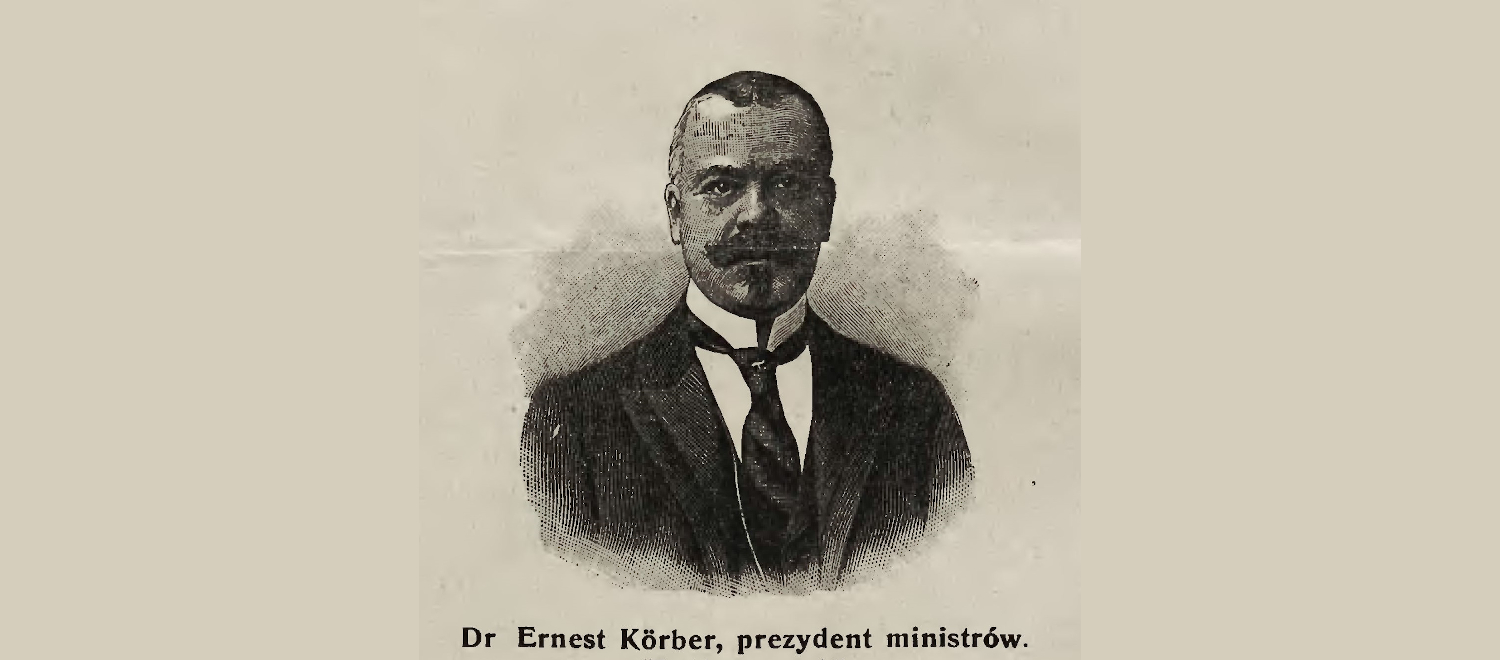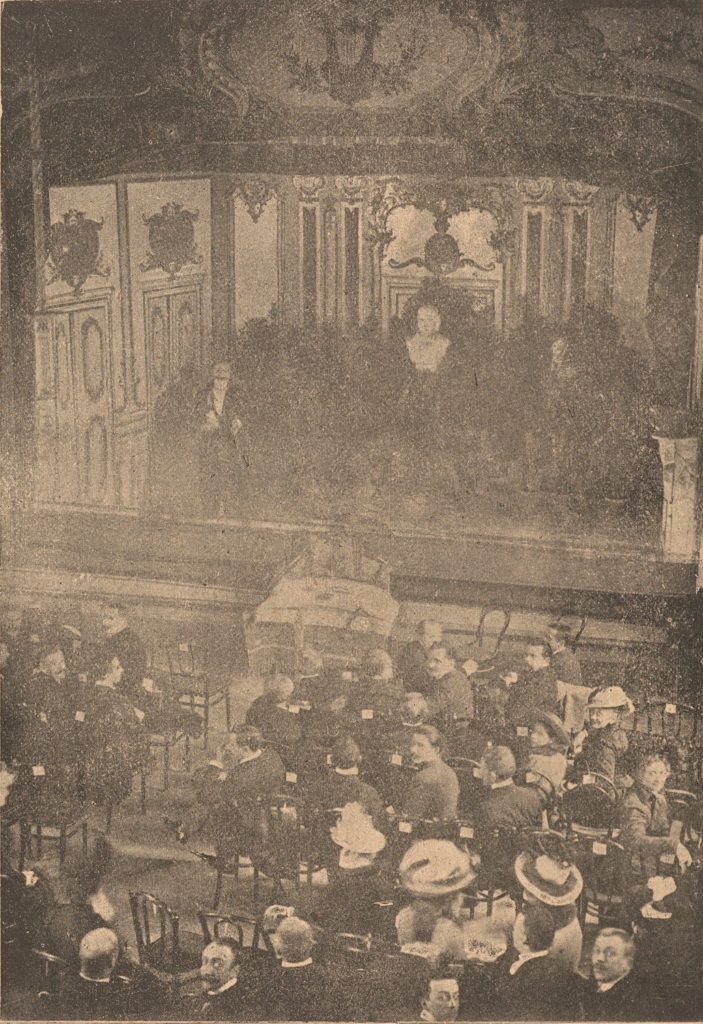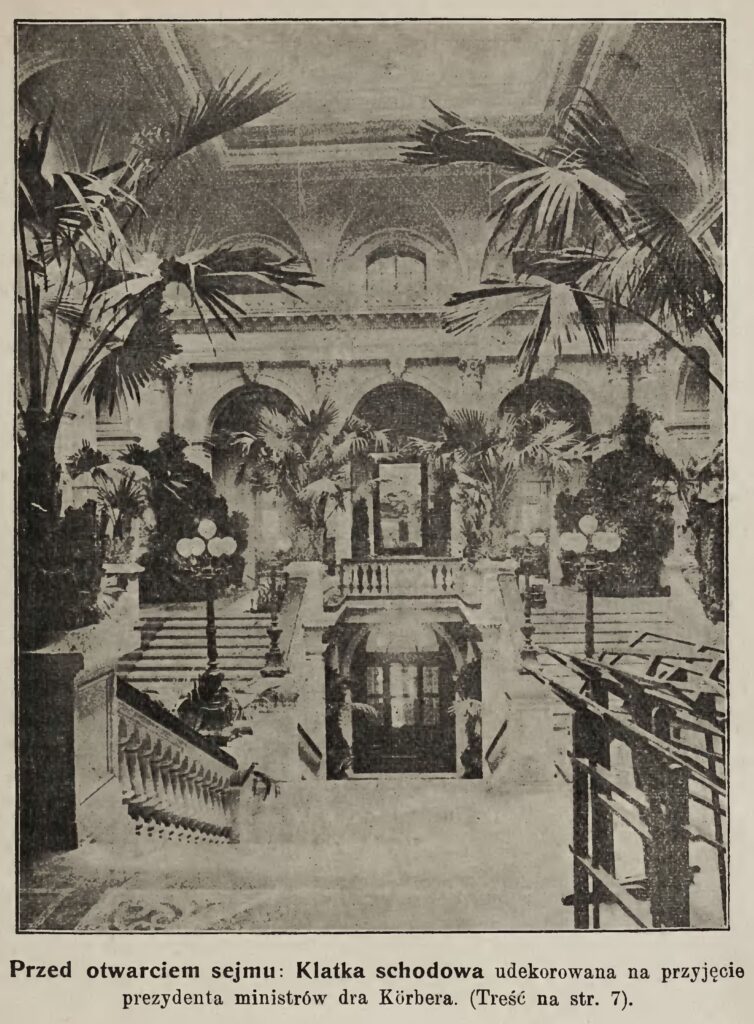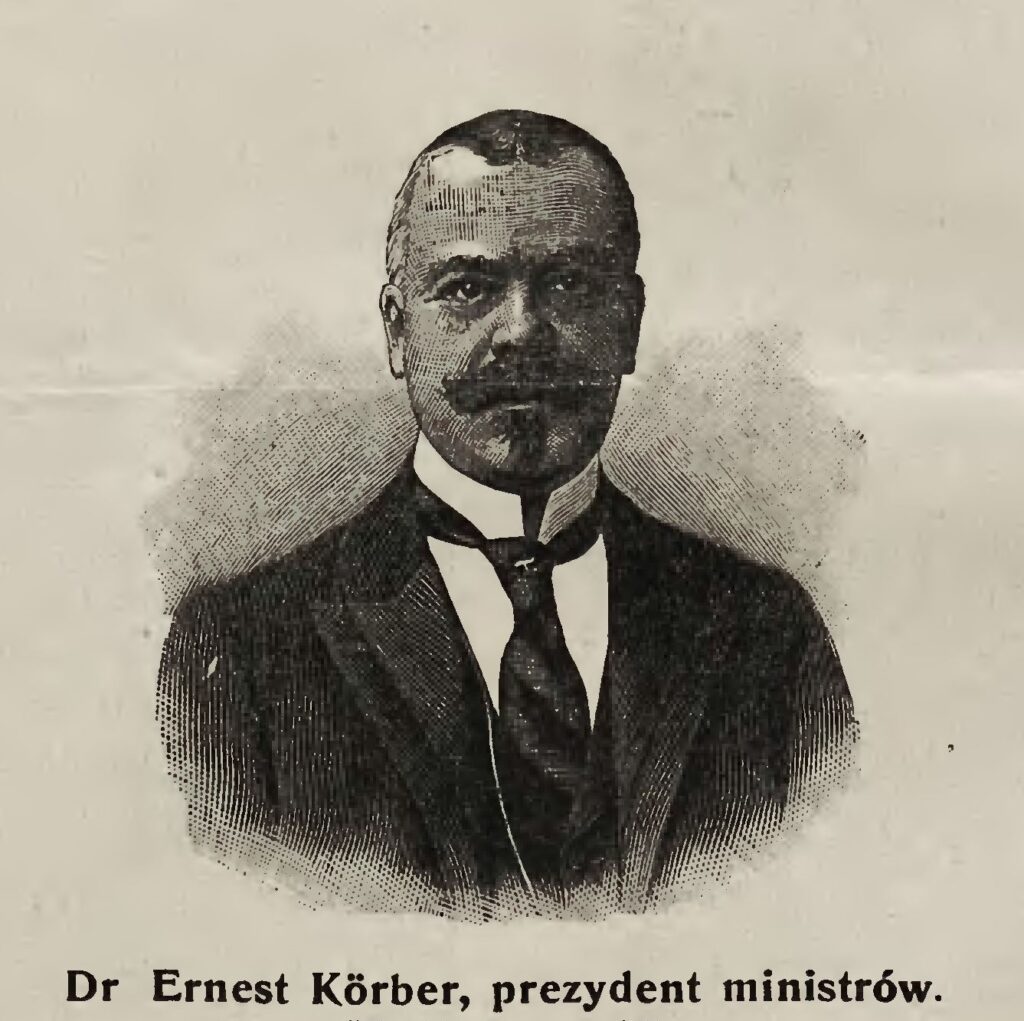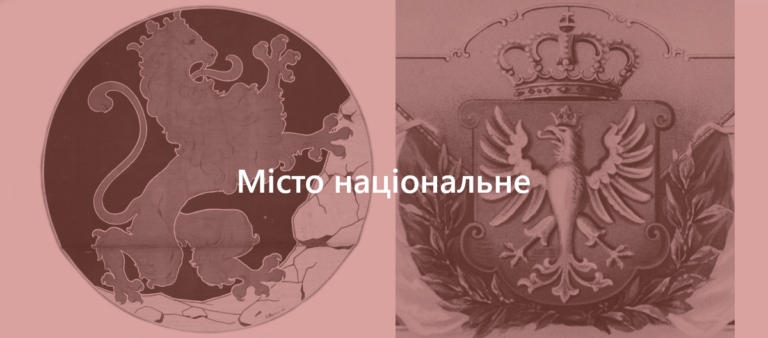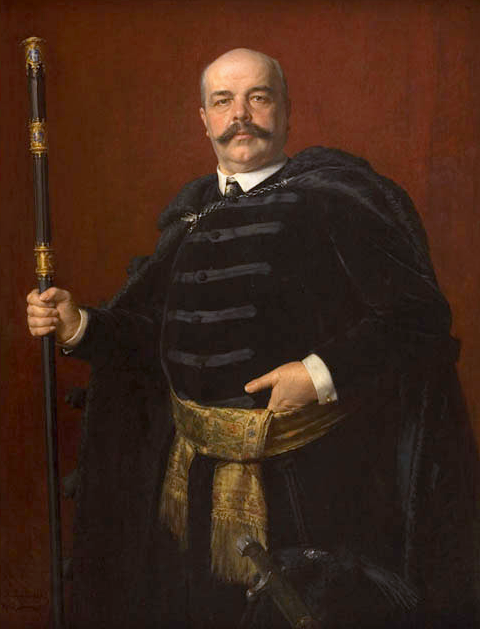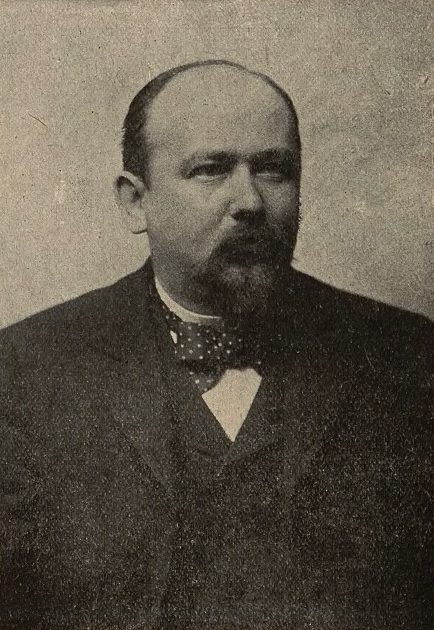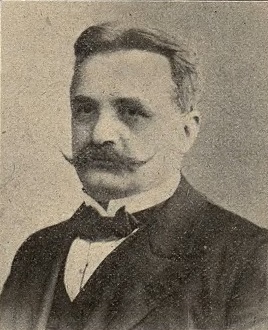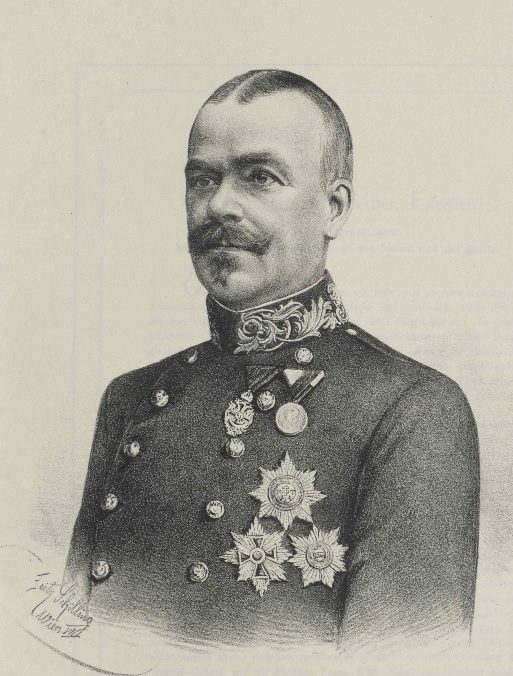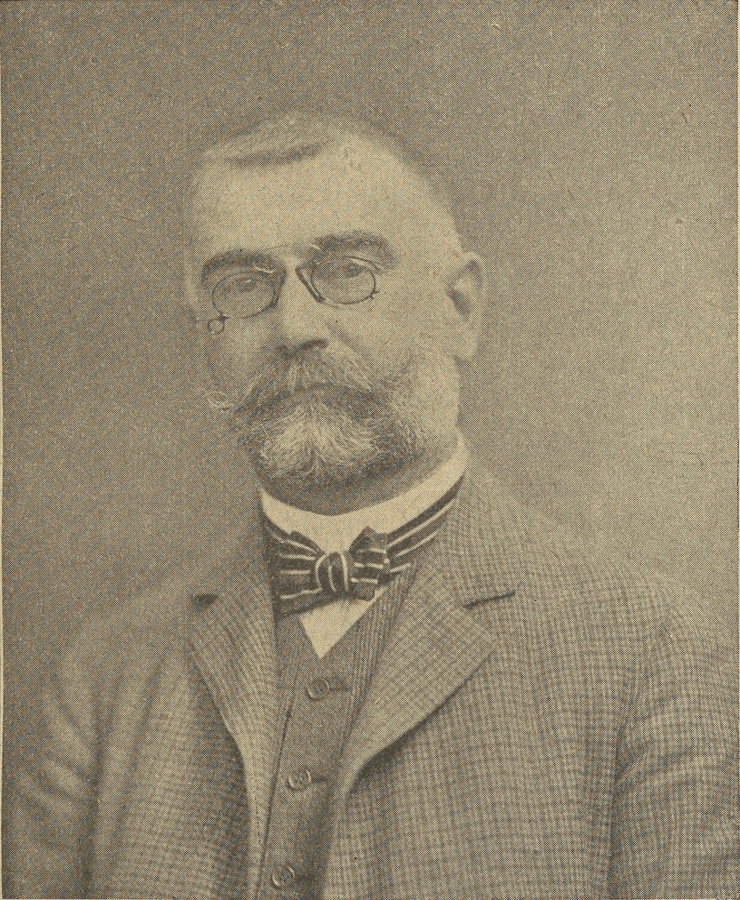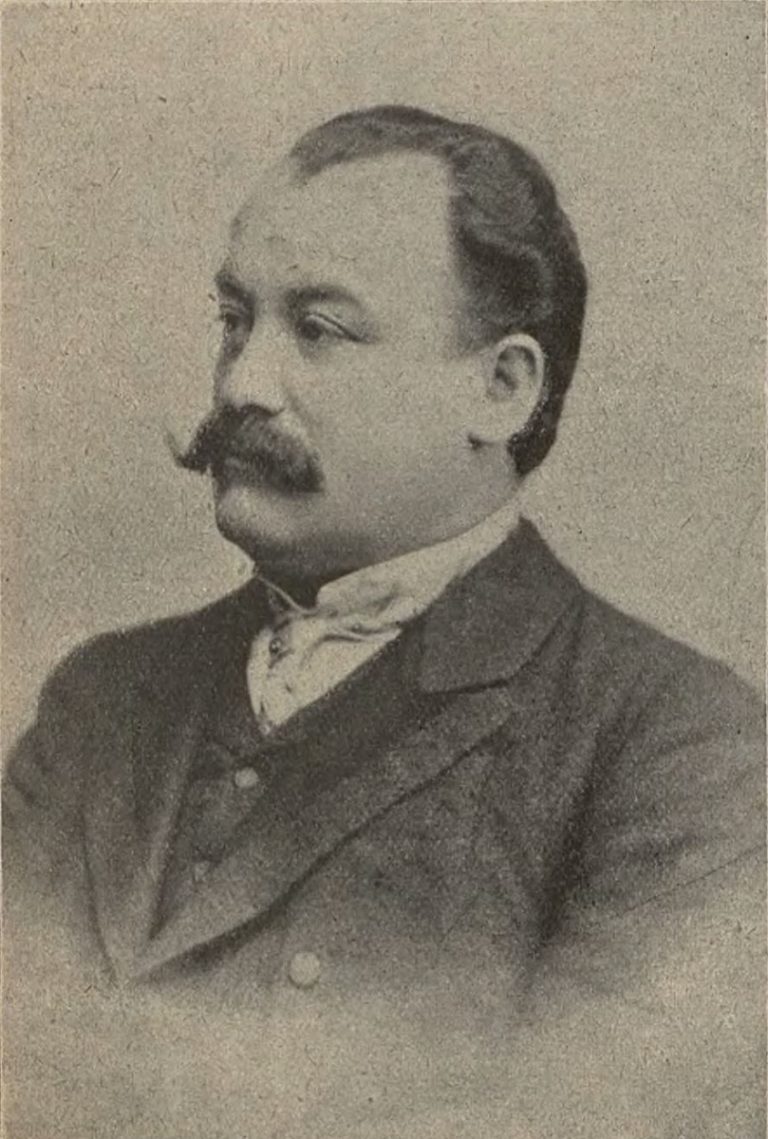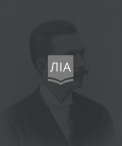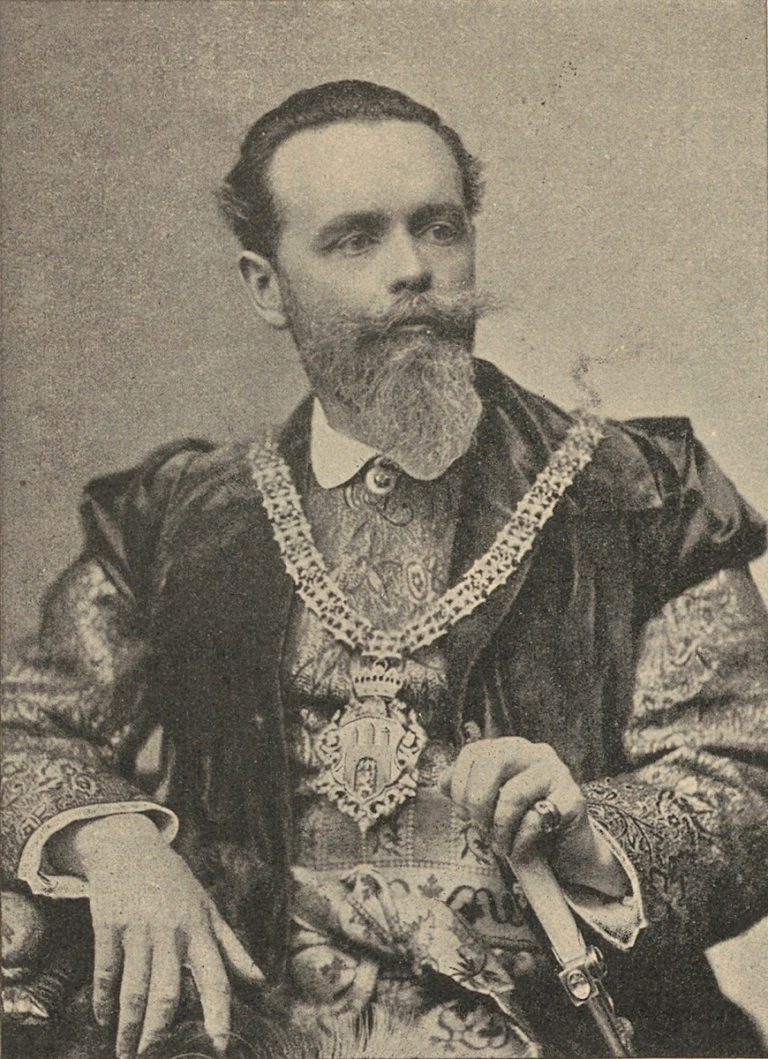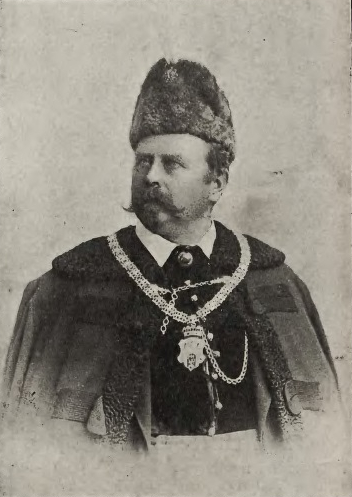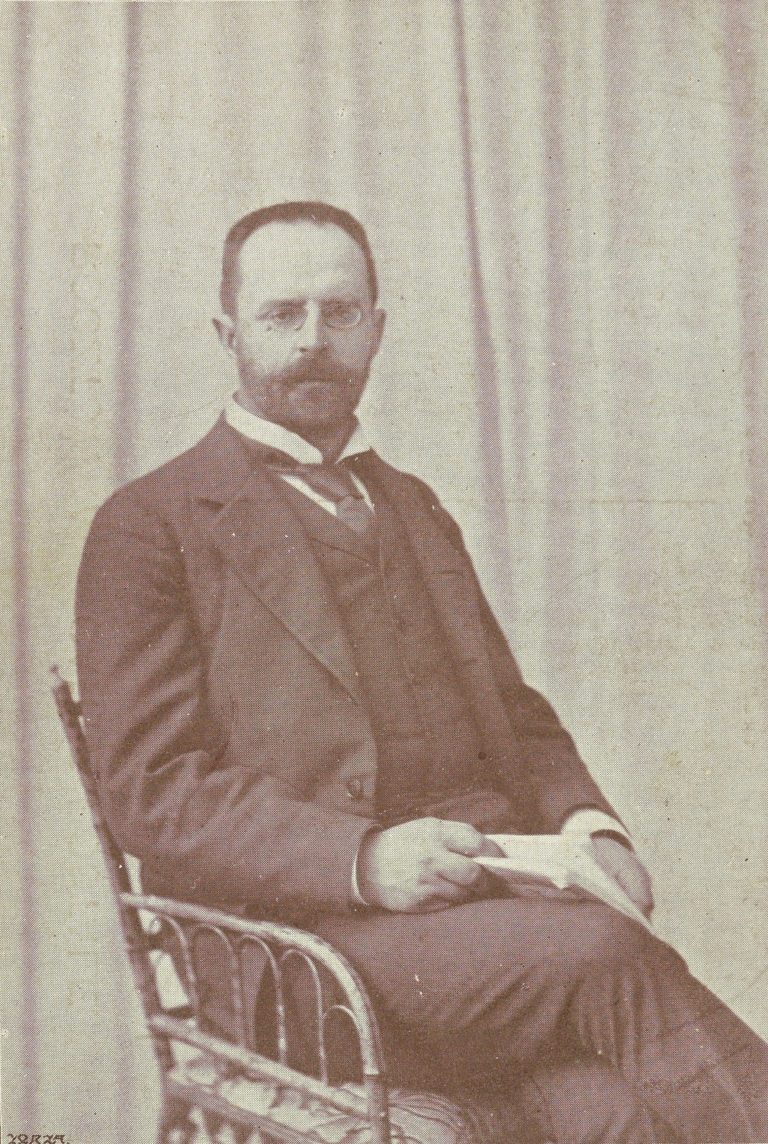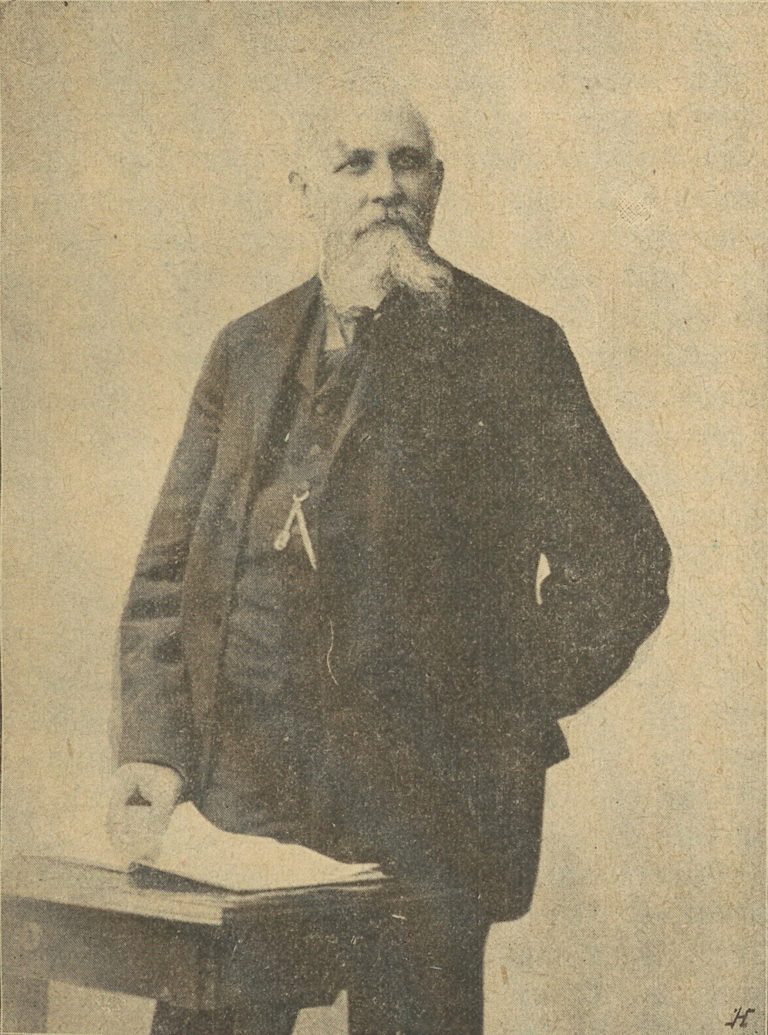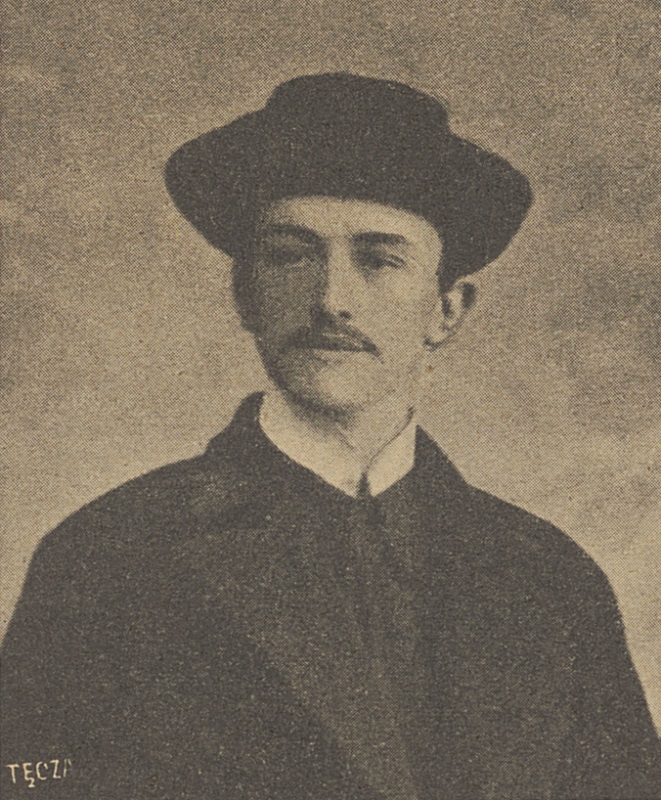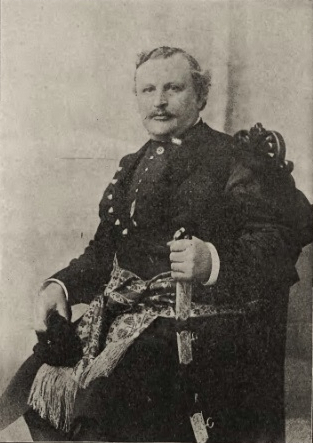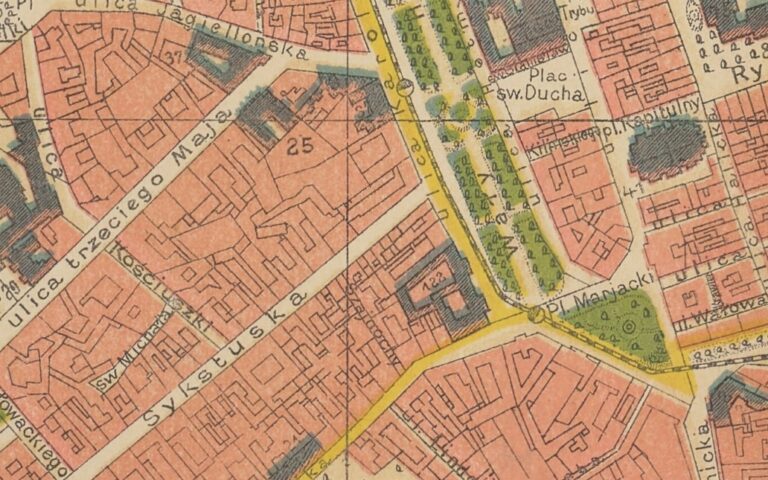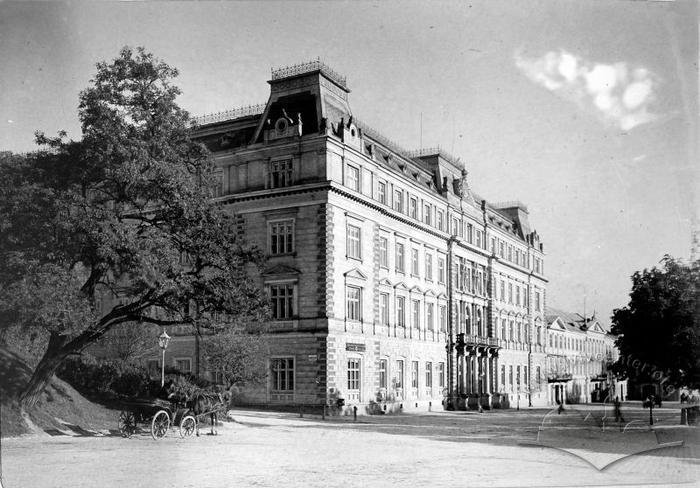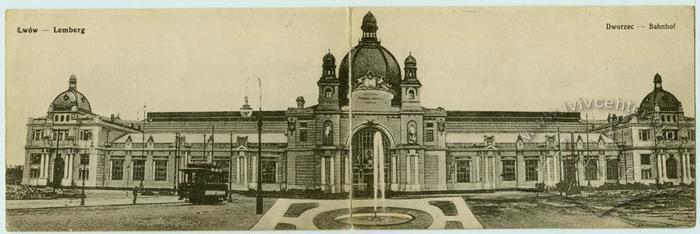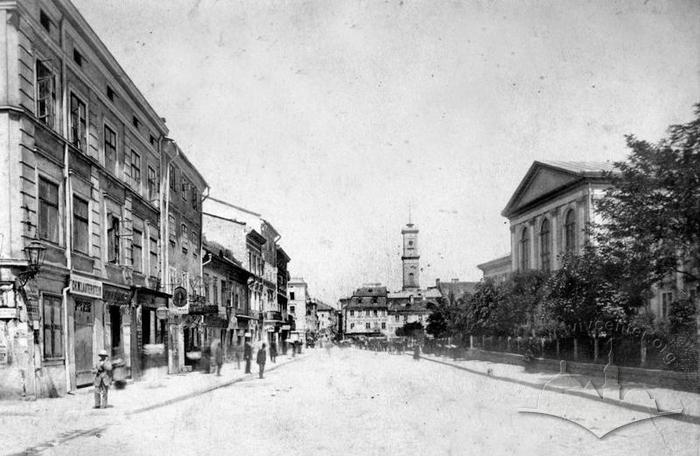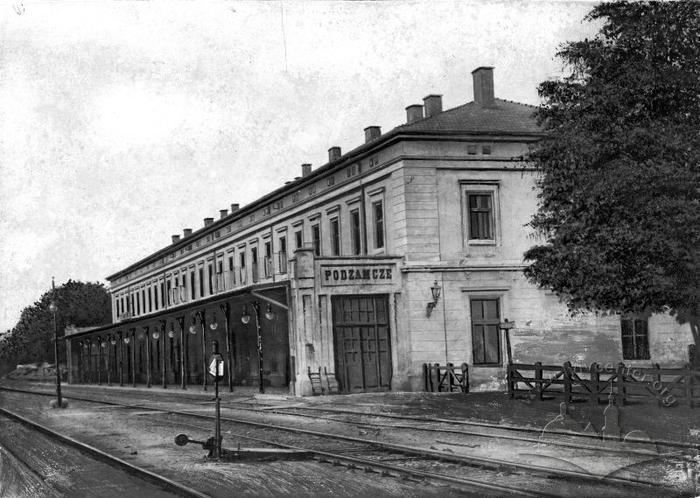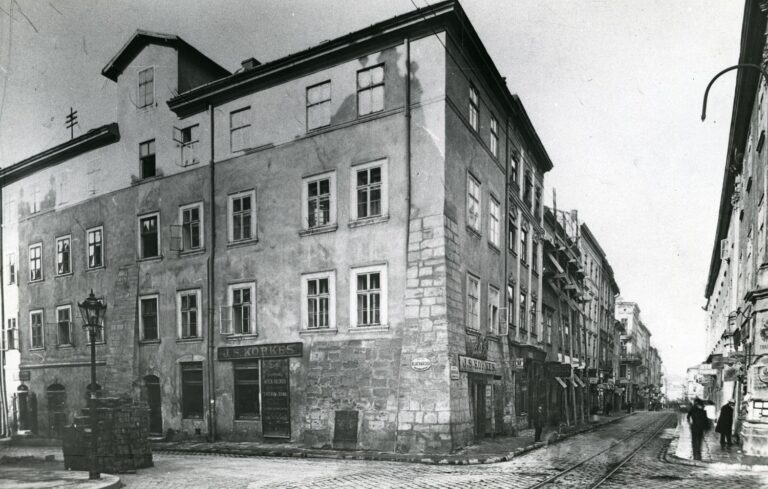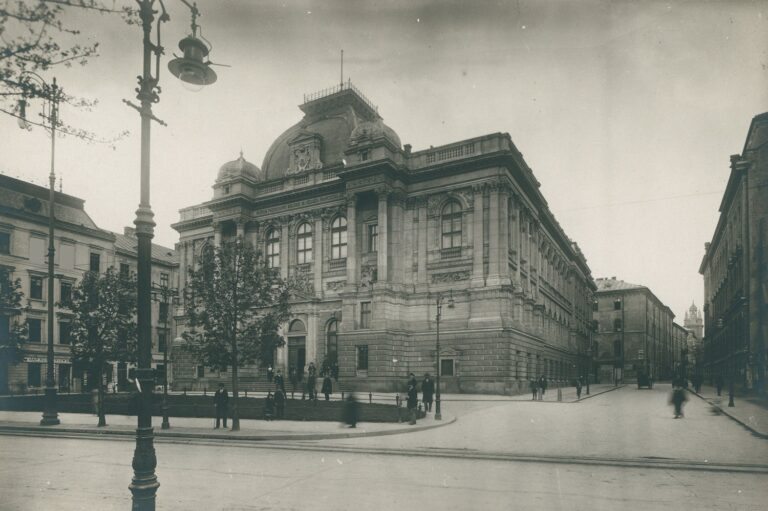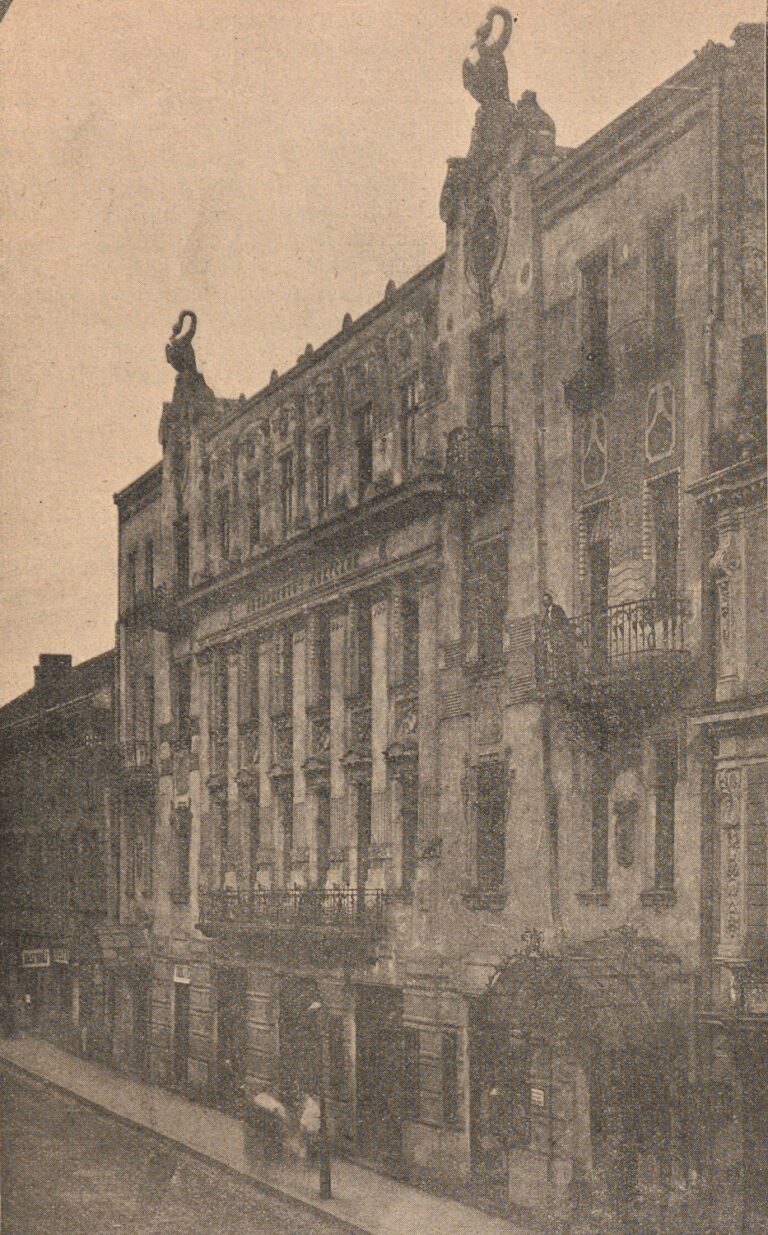In August 1904, the Prime Minister of Austria-Hungary, Ernest von Koerber, was scheduled to visit Lviv. In general, the background for his visit to Galicia was not the best. Firstly, there was a protracted economic crisis, and the mutual understanding between Ukrainians and Poles was a thing of the past. Economic problems were superimposed not only on national but also on social ones: the peasant strike and the bloody riots of 1902 were still fresh in the memory. Apart from that, Ukrainians reminded of long-standing unresolved issues: the unopened Ukrainian gymnasium in Stanisławów, the problem of the university, and the use of the Ukrainian language in provincial office work.
At the same time, various political circles and pressure groups tried to resolve their own issues. The Lviv City Council, for example, asked for the citadel to be moved from the city centre beyond the turnpikes and for money for sewage. On the occasion of the Prime Minister's trip to Galicia, the Social Democrats organized a meeting in a hall on ul. Szajnochy, where, in the presence of two police commissioners, they said that they no longer expected anything good from the Prime Minister and that all improvements would have to be "fought for, not waited for."
In late 1903, Ukrainian populists appealed to Prime Minister Koerber asking him to influence the provincial authorities that ignored the national aspirations of Ukrainians. The prime minister replied that no one could solve the problems of Ukrainians better than the current governor, Andrzej Potocki. The Ukrainian politicians certainly were not satisfied with this statement and immediately accused Vienna of collusion with the Poles: "we Ruthenians were sacrificed by Dr Koerber to the arbitrary will of the provincial leaders in order to buy himself the favour and votes of the 'Polish circle'."
The official aim of the visit in August 1904, for the second time in a short time, was an "inspection of the provincial administration." In reality, it was actually about the support of the government by the parliamentary Polish Circle; the friendly relations between Governor Potocki and Prime Minister Koerber were not without significance as well.
The Polish elites organizing the visit did their best to show themselves in all their glory. At the same time, they tried to "hide" Ukrainians from the distinguished guest's eyes. The press described his trip to Galicia in every detail, in a way very similar to the description of the emperor's visits, which, by the way, were also considered purely inspectional.
However, compared to Franz Joseph's last visit in September 1903, Ukrainians and socialists were not deterred by the figure of the emperor-benefactor, so the reaction and reception were completely different.
- Будівля Сейму прикрашена до приїзду Кьорбера / The Sejm building is decorated for Koerber's arrival
- Ернест фон Кьорбер / Ernest von Koerber
In the morning of 31 August 1904, the prime minister arrived in Lviv. Few Lviv residents and officials gathered to meet him on the railway station platform. There were the provincial marshal Stanisław Badeni, the President of Lviv Godzimir Małachowski, the vice-presidents of the city, Michał Michalski and Stanisław Ciuchciński, as well as lower-ranking officials. From the station, the distinguished guest was taken to the governor's office; later, he went to inspect the provincial court. In principle, the programme was typical: the prime minister received delegations from societies and organizations and spoke to the local secular and spiritual elite. What distinguished it from the emperor's visits was that the prime minister also received visitors who would hardly have been able to see the emperor in person, such as members of the Ukrainian gymnastic society Sich, representatives of Boryslav workers, Lviv shoemakers and tavern keepers who were dissatisfied with the City Council's policy on alcohol sales.
The main event of the day, though, was unexpectedly an assembly organized by the Ukrainian populists in the Philharmonic. Newspapers reported different numbers of participants, ranging from a few hundred to 4,000. It was chaired by Kost Levytsky; most of the speeches boiled down to the fact that "the government had given the Ruthenians and the whole province to the Poles." When Yulian Romanchuk came to this assembly after a meeting with Prime Minister Koerber and reported that the prime minister had full confidence in Governor Potocki, the participants began to demand a march to the governor's office, which started immediately after the participants sang "Ne pora" and mentioned the battles of Zhovti Vody and Berestechko.
In the vicinity of the governor's office building, the demonstrators were expectedly met by mounted and foot police, who used weapons. Later, the press vividly described Potocki and Koerber watching the beating of the Ukrainians from the balcony and "adding Ruthenian blood to their champagne." In addition to the beginning of ul. Łyczakowska, the conflict also broke out from the side of ul. Ruska, as some Ukrainians decided to break through to the governor's office from the Rynok Square. Some were arrested and injured, including the Sichynsky brothers, one of whom later shot Andrzej Potocki.
The Ukrainian politicians later spoke of this clash as a victory. After all, Prime Minister Koerber dedicated his farewell speech in Lviv to national politics. In addition, Yulian Romanchuk, Kost Levytsky, and Mykhailo Korol were able to feel more confident at the reception, where Ernest von Koerber again made it clear, though, that he placed the responsibility for the province entirely on Andrzej Potocki. Although the gymnasium in Stanisławów was eventually opened, as the Diet (Sejm) voted in favour of this decision in November. In late 1904, the Koerber government resigned.
* * *
During his stay in Lviv, the prime minister also took part in the solemn opening of the Craft Museum, inspected several state institutions and left the city for Ternopil from the Pidzamche railway station. In March-May 1905, the trials of the participants in the clash with the police on 31 August 1904 were held in Lviv. Despite the fact that in most cases the accused got off with fines, the Ukrainian press considered the sentences unfair, as the demonstrators had already suffered at the hands of the police.
